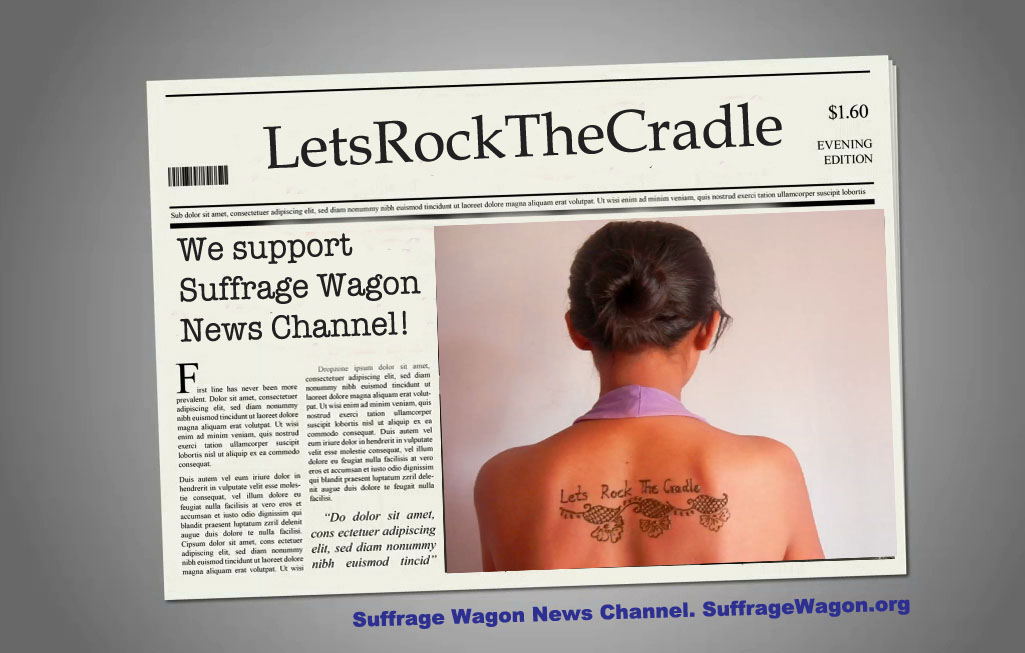When I was young, I couldn’t figure out why women and their history weren’t considered a part of American history. I didn’t fully understand then that women were second-class citizens, there to serve men rather than thinking for themselves.
Although this perspective has suffered to a degree during my lifetime, the top-down social and economic system hasn’t changed. Although many things are different, the context hasn’t changed much. Women may have acquired the right to vote, after generations of women had agitated for this right—but the essential context remains to this day. Patriarchy has been the social context for centuries.
People didn’t talk about patriarchy much in the old days. They barely mention it today. In between, many things have changed but the situation remains the same. Patriarchy was identified and spoken about often. The same patriarchal context translates to an opposition that remains in power. Patriarchy is a factor in what is known as”ïnternalized oppression.”
It’s the condition of a perspective that has entered the internal attitudes of the so-called victims themselves.
We still don’t have a woman elected to become US President. And there is considerable prejudice and discrimination existing, not only toward women, but also other variables due to factors involving race, ethnicity, religion, age, and much more.
I started blogging about my grandmother, Edna Buckman Kearns, in 2009. Back then, I realized that even many women weren’t even aware of their status, the expectations, and how they would be viewed in the long run.
TO BE CONTINUED…
Suffrage Wagon News Channel has been publishing since 2009.
 by Marguerite Kearns
by Marguerite Kearns